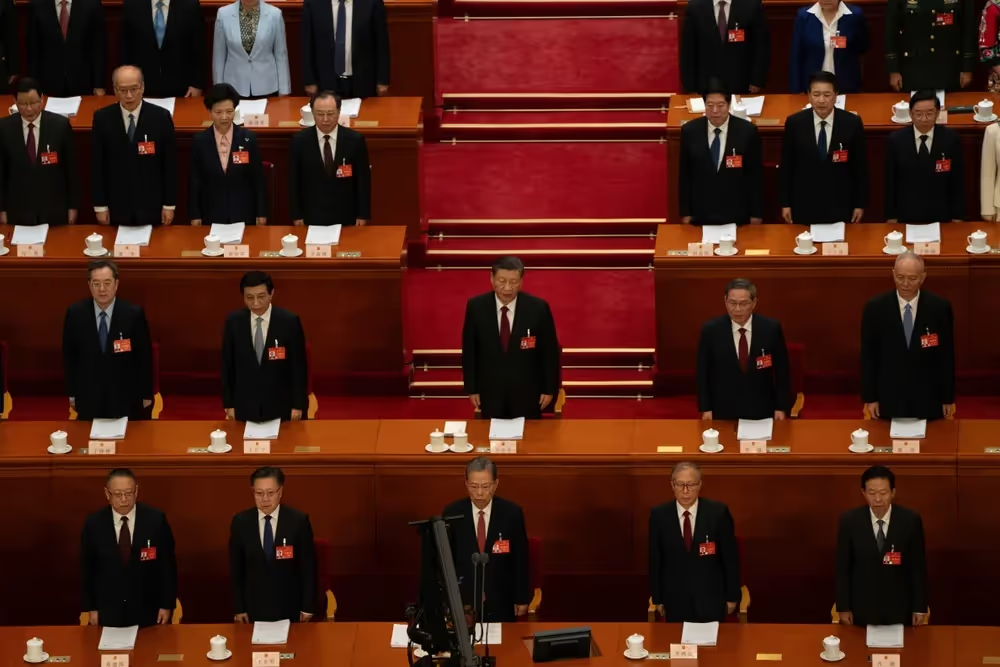
The Problem of China
China views liberal democracies, especially the United States, as a threat to its global aspirations.
Senator Tom Cotton (R-AR) is that rare breed of politician who combines fundamental decency with a keen intellect and no small amount of courage. It is to our great fortune that these qualities are dutifully enlisted in the service of protecting America’s national security and, particularly, in sounding the alarm on China’s threat to both the United States and the free world order that it has long cultivated.
His new book on the subject, Seven Things You Can’t Say About China, is a welcome and valuable contribution to our public discourse. In the short book, he lays out, point by point, why China is a threat, and more specifically, why we should feel comfortable, indeed, obligated, to call it an evil empire. Cotton articulates that China is ideologically motivated, hell-bent on assuming global leadership, and engaged in a sophisticated strategy that employs military, economic, social, and diplomatic levers to achieve its objectives.
This basic assessment of the CCP is not new, to be sure. But the intended value of the book does not lie in its scholarly contribution. Cotton’s objective is to equip laymen citizens with the necessary arguments and supporting evidence to have a baseline understanding of America’s chief adversary, one whose power and influence will soon exceed what the Soviets ever possessed. With such an appreciation, the average citizen may begin to lend support to the sort of generational struggle that we have not seen in three decades. Assessed against this objective, the book is a model of courageous rhetoric. But in the book, Senator Cotton misses a crucial opportunity to move public sentiment beyond collective abhorrence and towards unity of purpose.
What You Can’t Say About China
Upon initial confrontation, Cotton’s title sounds hyperbolic. After all, today, there is a strong bipartisan consensus that China is a dishonest, disruptive actor who must be checked. Accordingly, people frequently criticize China. But Cotton both wants to push the limit of our discourse and clarify the myriad ways in which our elites are unable or unwilling to speak the truth about the CCP.
To the former, Cotton wants us to go beyond thinking of China as an adversary, a simple competitor, or even a threat. These terms fail to capture the nature of what we face. Invoking the legacy of President Reagan, Cotton urges us to call a spade a spade: China is an “evil empire.” In the longest and most important chapter of the book, Cotton challenges the argument that China’s leaders are “moderate communists.” The atrocities of the Great Leap Forward and the Cultural Revolution are not distant excesses of a fanatical leader whose footsteps the party abandoned a generation or more ago. The logic undergirding those tragedies was present during China’s years of “liberalization,” and is discernible in Xi Jinping’s regime today. During its years of reform, for example, the CCP implemented its One-Child Policy, an extreme example of state intrusion into private life that lasted from 1979 to 2015. This policy, waged by forced sterilizations and abortions, captures the party’s hostility to the dignity of the person. Similarly, Mao’s attempt to eradicate Tibet as a distinct cultural entity continues today under Xi. As Cotton reminds us, Tibetan children are forcibly raised in provinces far from their homes and families. In the past fifteen years, over 150 Tibetans have burned themselves alive in “the ultimate act of protest.”
Religious minorities continue to be persecuted as well: Muslims, Christians, and Falun Gong. Adherents of each face continuous harassment, surveillance, and, in the case of Uyghur Muslims, genocide. None of this information is new, but it can be easy to forget when we think of China as a simple “competitor” or source of business. By listing all of China’s continued crimes in quick succession, Cotton succeeds in impressing upon readers the chilling reality that Chinese communists are no less wicked than their Soviet predecessors. For every Soviet gulag, there seems to be a CCP re-education facility.
As Cotton insists, this is because China never ceased to be communist. Deng Xiaoping, the party chairman who liberalized China’s markets, described his reforms as placing “capitalist tools in socialist hands.” It is no accident that the massacre of pro-democracy demonstrators at Tiananmen Square occurred under his reign. Likewise, it is no accident that the crackdown on pro-democracy protestors in Hong Kong occurred under the reign of Xi Jinping. Xi, Cotton points out, is more ideologically inspired than most realize. Tellingly, Xi credits the fall of the USSR to the Soviets’ abandonment of Marx and Lenin.
This communist orientation leads China to view liberal democracies, especially the United States, as, at best, weak or, at worst, a threat to its global aspirations. After describing the nature of the Chinese Communist regime, Cotton then showcases the myriad ways China is challenging the United States. It is “preparing for war,” “waging economic world war,” “coming for our kids,” and actively infiltrating every level of American society, from elementary schools to local mayors to Congress. The effect of these latter efforts is likely less than the Senator suggests. But they collectively indicate an all-of-society attempt to undermine the United States and the liberal order it sustains.
There are too many specifics to recount, but a few suffice to illustrate the severity of China’s threat. It now has the largest army and navy (the fastest peacetime military buildup in history, Cotton reminds us); it is rapidly growing its nuclear arsenal; it provides more subsidies to its businesses than any other country, allowing them to be artificially competitive; it has donated at least a billion dollars to the American universities since 2013. Its influence over cultural and business institutions is particularly troubling. China leverages its massive market to kowtow to Hollywood stars, professional athletes, and business executives regularly. For example, there has not been a major motion picture where China is depicted as the antagonist since Seven Years in Tibet (1997). When NBA athletes criticize the regime, they often find themselves without contracts at the end of the season. Meanwhile, American business leaders often fawn over the CCP. Cotton singles out Larry Fink, whom he quotes as saying, “in theory, some elements of the society may have less rights, but on the other hand...the majority of the society in China has done very well.”
The net effect of this all-of-society approach is to stifle discourse and confuse American society about the true nature and aspirations of the Chinese regime. This leads to the final thing you can’t say about China: America could lose. Here, Cotton is at his best. In a few pages, he crisply lays out how China could very well take Taiwan, and that this alone could lead to the loss of American global leadership. Taiwan is “the one key piece of the puzzle for China”; its conquest would cause an economic depression, split our allies, spur the spread of nuclear weapons, and eventually turn the US into “an island of the coast of the world.”
How to Respond
In any conflict, public leaders must seek a broad popular consensus for their policies, especially when trying to sustain a generational conflict that hovers between peace and war. When the first Cold War began, President Truman and his administration had to convince the American people that the Soviet Union was evil and that it was the responsibility of the United States to assume the role that circumstance (or providence) had presented. The sell was more difficult than we tend to remember; the budget hearings over the Marshall Plan were so intense that Paul Nitze, George Marshall’s assistant and later successor at the policy planning staff, lost fifteen pounds from sheer exhaustion.
The current conflict with China is no different. In a democracy, a long-term strategy that successfully contains China’s ambitions and preserves the liberal order will require wide and deep public support. By provoking outrage at Chinese hubris and its disregard for the dignity of the human person, this is the vital function that Senator Cotton’s book aims to perform.
Laudable as his ends are, there is a substantial danger in the Senator’s approach. As thorough as Cotton is in identifying specific actions that the Chinese have taken and as systematic as he is in illustrating the collective effect of these disparate moves, he does not channel the anger he carefully provokes towards a coherent strategy. He limits himself to sounding the alarm, to condemnation without any corrective prescription. There are broad statements and hints, to be sure. He says, for instance, that China “cannot be appeased,” and that we should aim to “defeat this evil.” He implies that Taiwan may be worth a war. He also provides a simple list for things average Americans can do (buy American, hold elected representatives accountable, etc.). But does not go beyond this. The effect of 180 pages of alarm is apt to produce anger that requires direction, should it be enlisted in any salutary way. Absent direction, widespread alarm could very well lead to a replay of the Red Scare in which anyone with any relation to China is subject to ostracism and humiliation, to say nothing of the possibility of military provocation.
Surprisingly, Cotton neglects this crucial component. He is knowledgeable enough to know that the first Cold War Warriors paired damning rhetoric with positive policy (the Marshall Plan, NATO, massive defense investment). Moreover, as another reviewer points out, Cotton himself has presented a thoughtful report that challenges China with detailed recommendations, which could have furnished the beginning of a call-to-action. The current moment is ripe for building consensus not only concerning the nature of the threat (a consensus that is already forming), but also about how to confront it. How should we coordinate with our allies, both Asian and European? Are there any areas where we should collaborate with the Chinese? How can we stop a blockade or invasion of Taiwan? Failing to provide answers to these questions after heightening the urgency is a missed opportunity.
Still, Cotton’s book could play an essential role in consolidating the consensus. It is also refreshing to read a sitting Senator write with such unflinching directness. Ultimately, Cotton understands what American leaders in the early Cold War knew well: our most significant threat is not necessarily the evil enemy, but our lack of resolve before it. The Senator’s book is a helpful step in reviving American self-confidence by reminding us of the dire consequences of the alternative.
Max Prowant is the Director of Academic Programs at the Alexander Hamilton Society and Associate Editor at Law & Liberty.
Politics
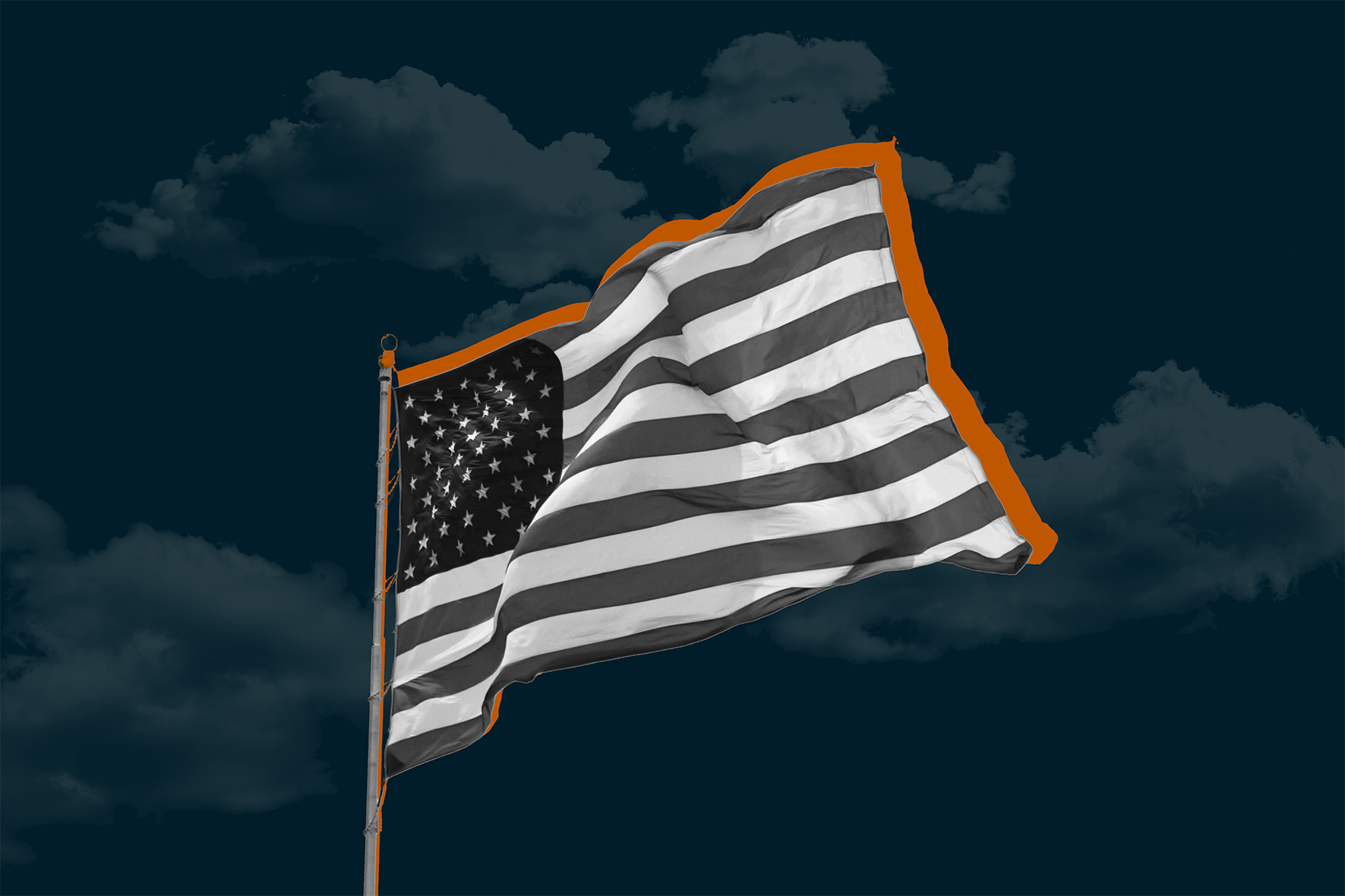
National Civitas Institute Poll: Americans are Anxious and Frustrated, Creating a Challenging Environment for Leaders
The poll reveals a deeply pessimistic American electorate, with a majority convinced the nation is on the wrong track.
.webp)
Liberal Democracy Reexamined: Leo Strauss on Alexis de Tocqueville
This article explores Leo Strauss’s thoughts on Alexis de Tocqueville in his 1954 “Natural Right” course transcript.
%20(1).avif)
Long Distance Migration as a Two-Step Sorting Process: The Resettlement of Californians in Texas
Here we press the question of whether the well-documented stream of migrants relocating from California to Texas has been sufficient to alter the political complexion of the destination state.
%20(3).avif)
Who's That Knocking? A Study of the Strategic Choices Facing Large-Scale Grassroots Canvassing Efforts
Although there is a consensus that personalized forms of campaign outreach are more likely to be effective at either mobilizing or even persuading voters, there remains uncertainty about how campaigns should implement get-out-the-vote (GOTV) programs, especially at a truly expansive scale.

California’s Green Policies Destroy Blue-Collar Jobs
The problem here lies not with racism, or lack of reparations, as Newsom and “progressives” insist, but with their own policies, which devastate minority communities.

There's a Perception Gap With the U.S. Economy
As we approach another election cycle, it’s worth asking: what’s real, what’s political theater, and what does it all mean if Democrats regain control of the House?
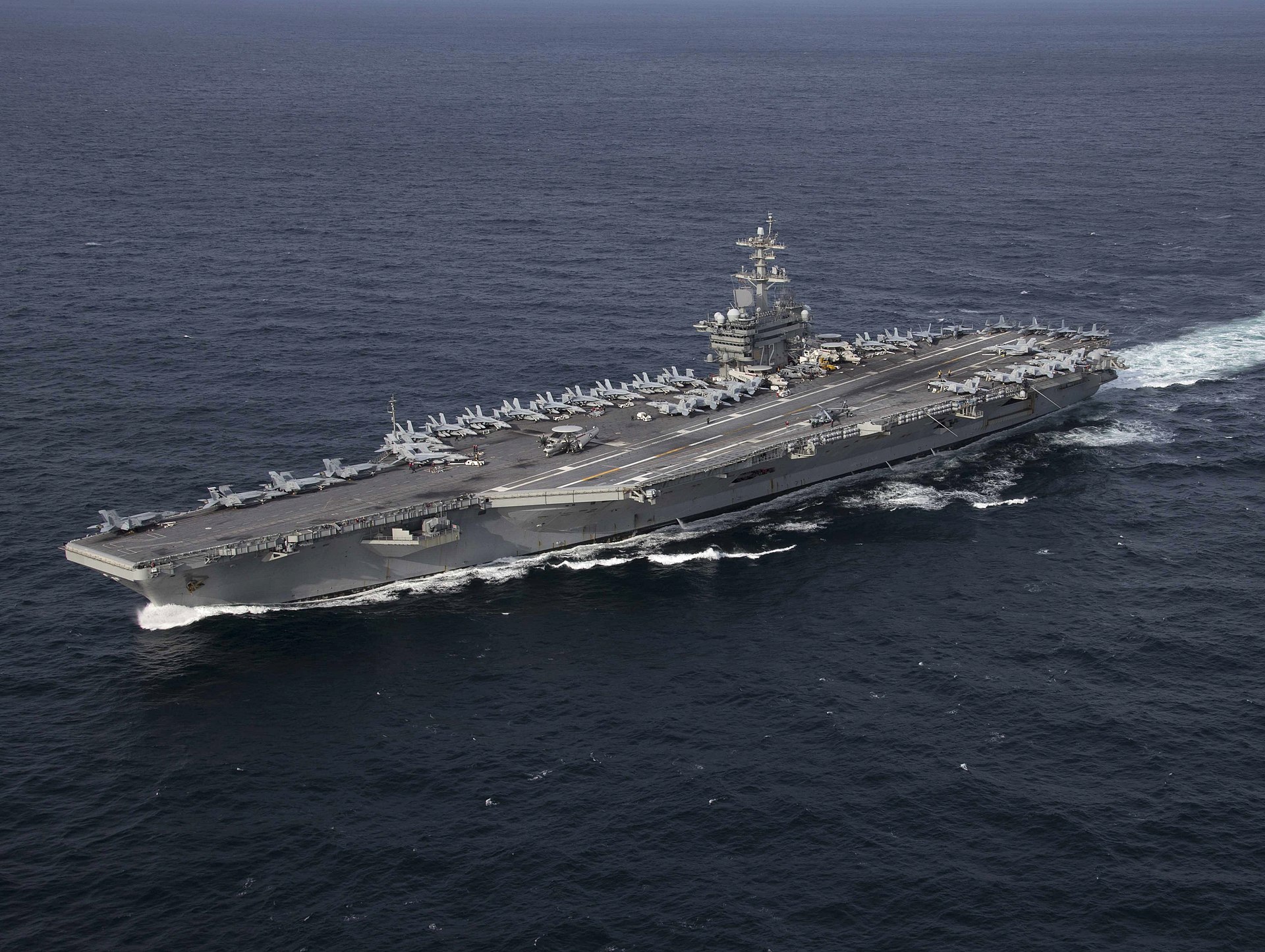
The Not-So Reckless Attack on Iran
The Iranian government does not have either the leadership or the resources to mount any sustained military response to the forces arrayed against it.
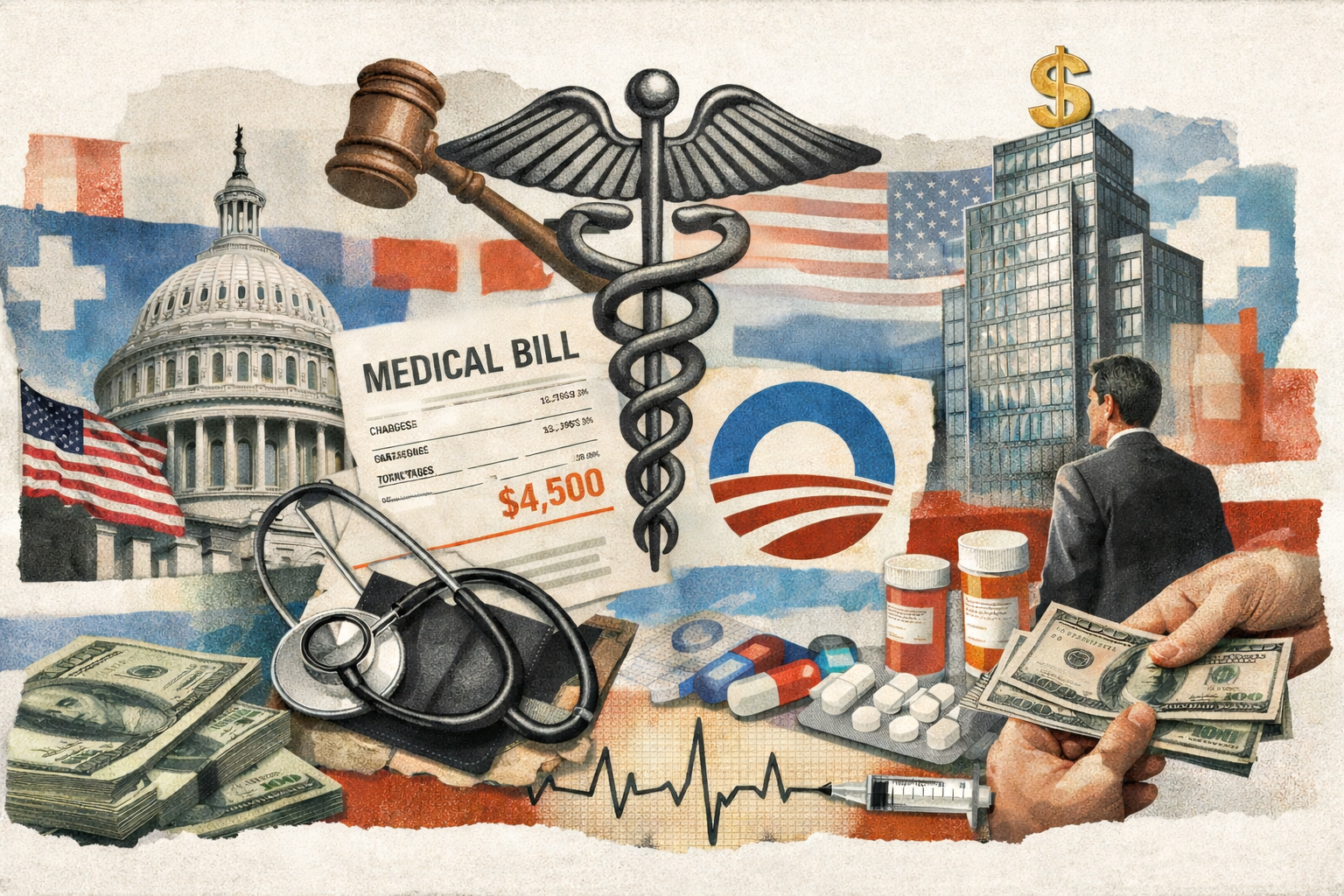
The Healthcare Symposium
We’ve asked James Capretta, Sally Pipes, and Avik Roy to opine on the future of healthcare policy in America.



.avif)


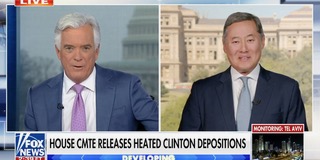
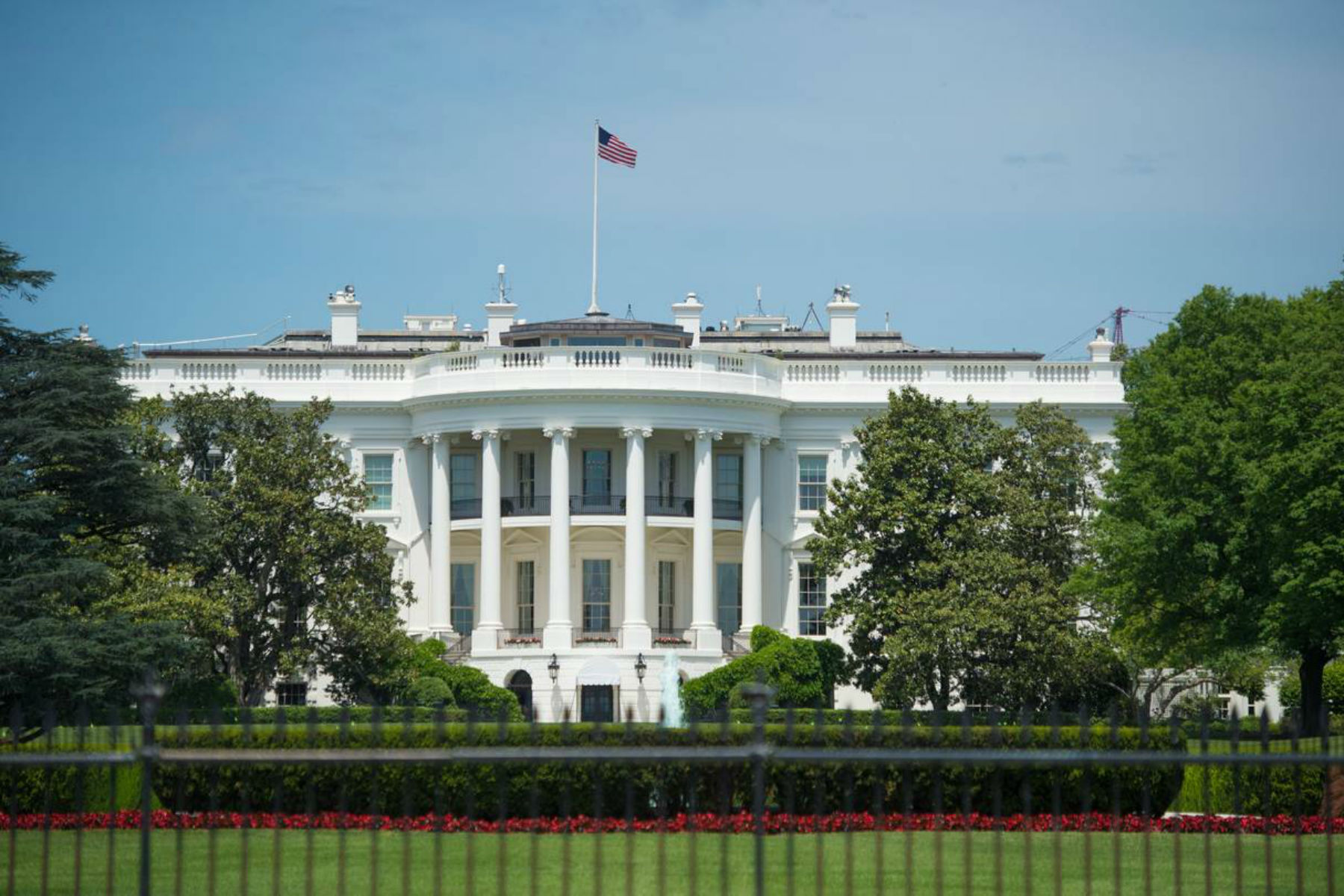


.jpg)


